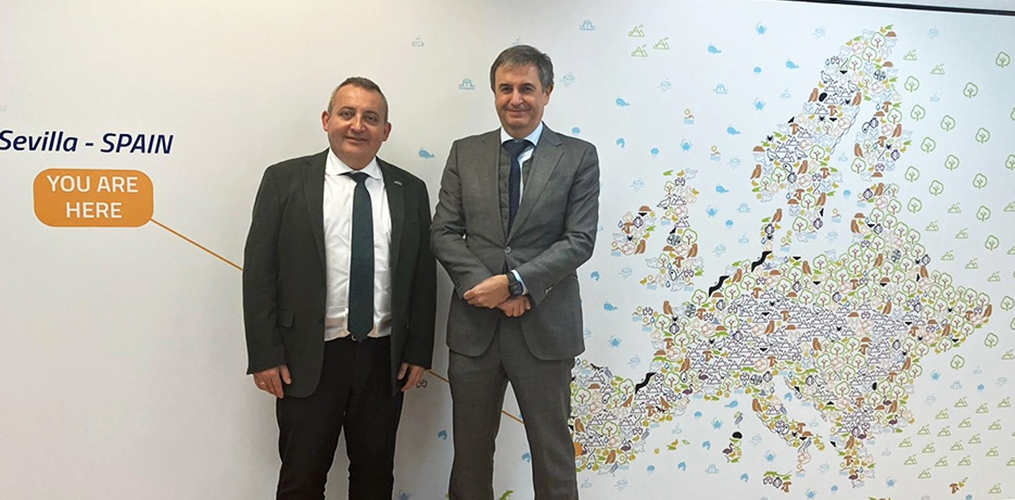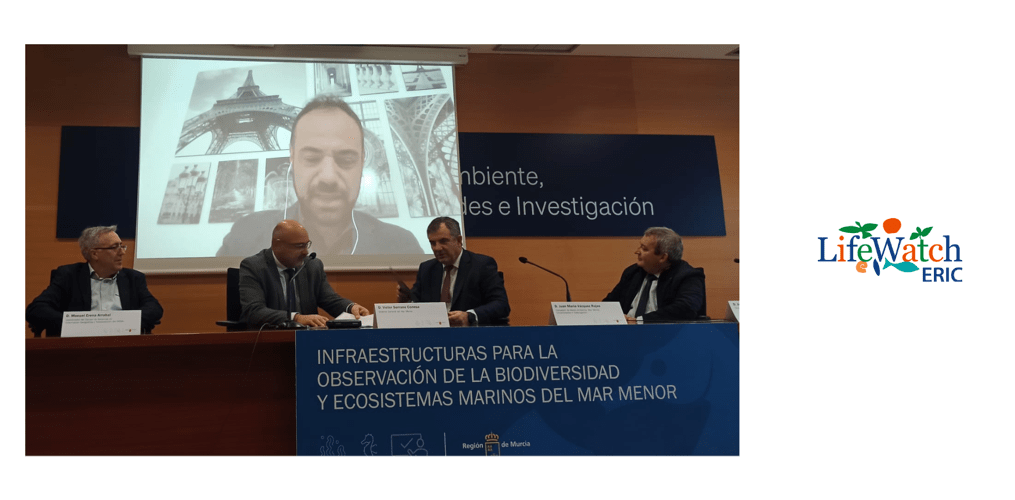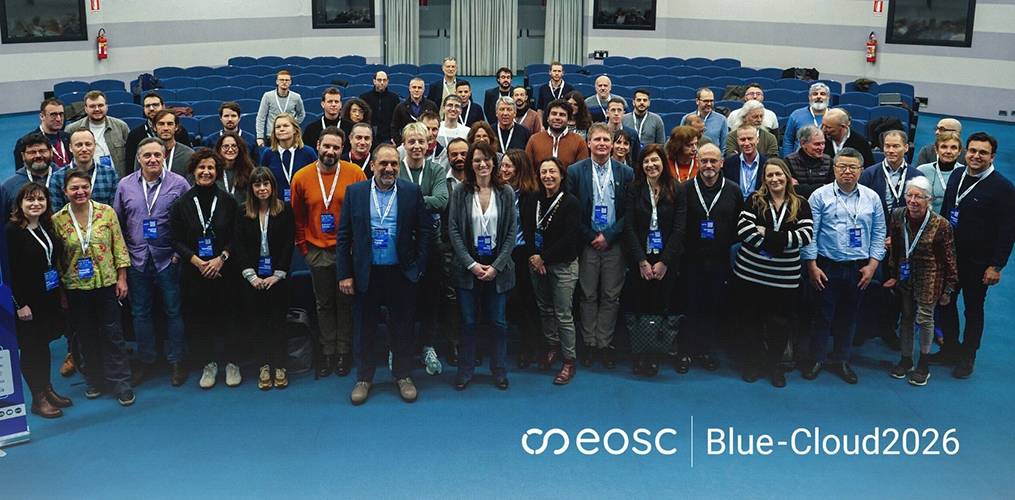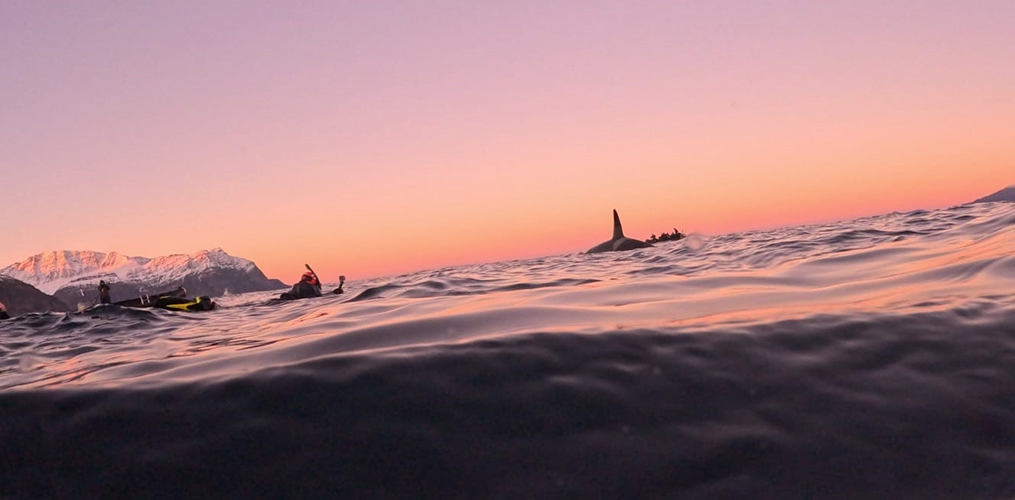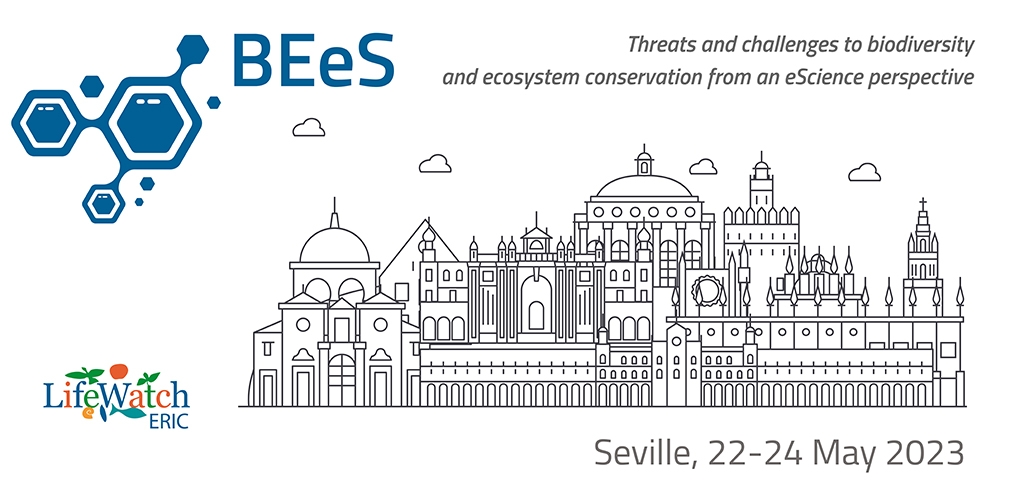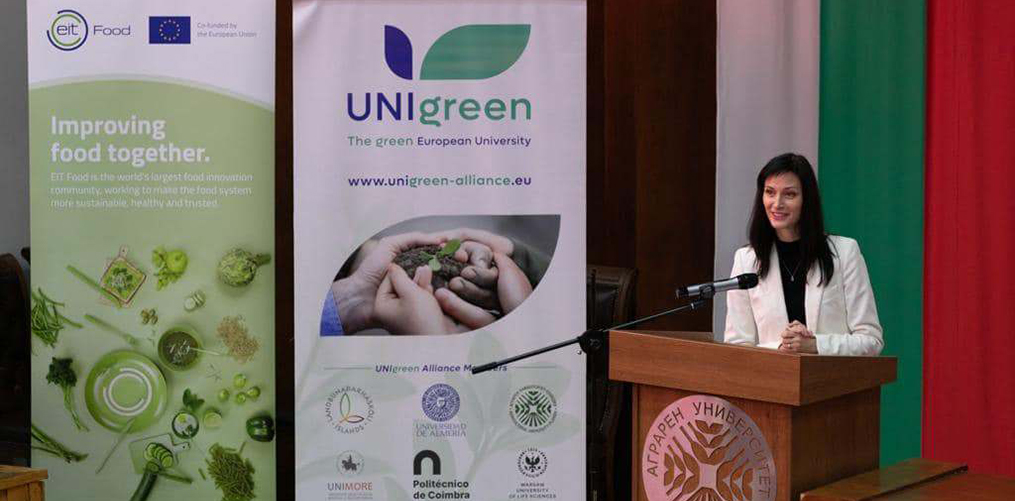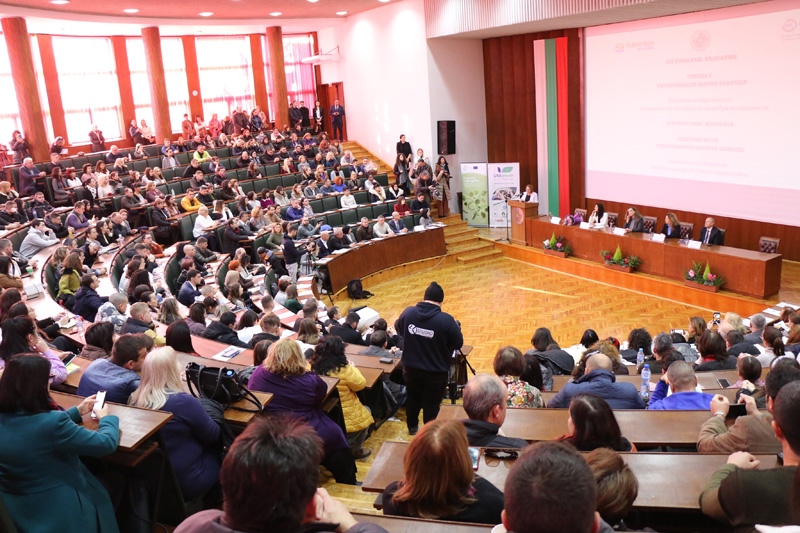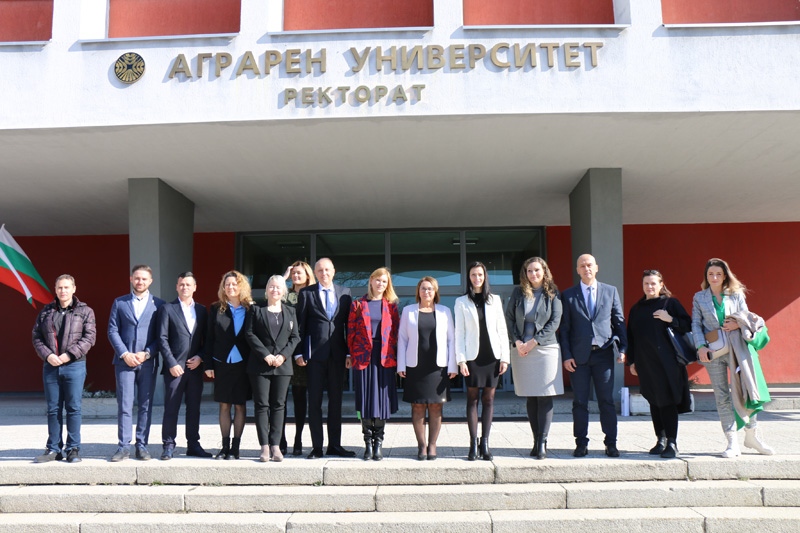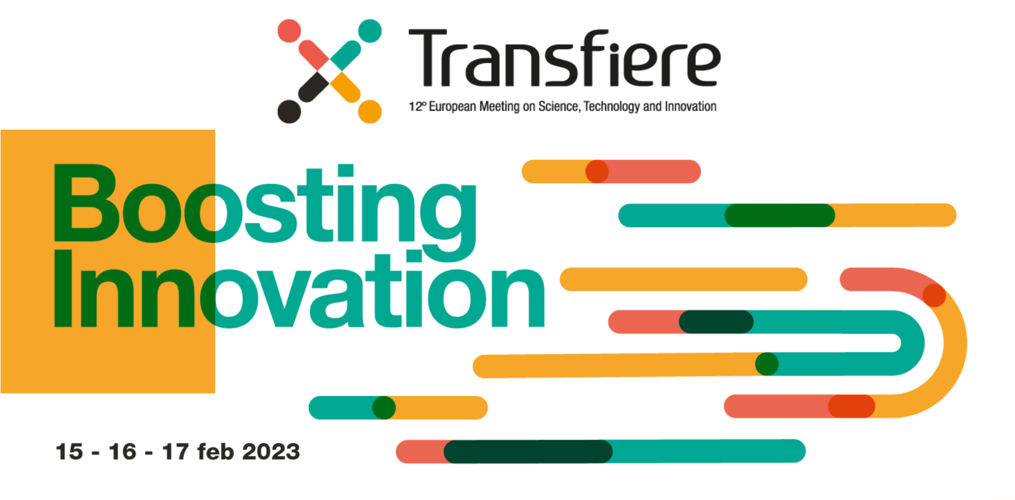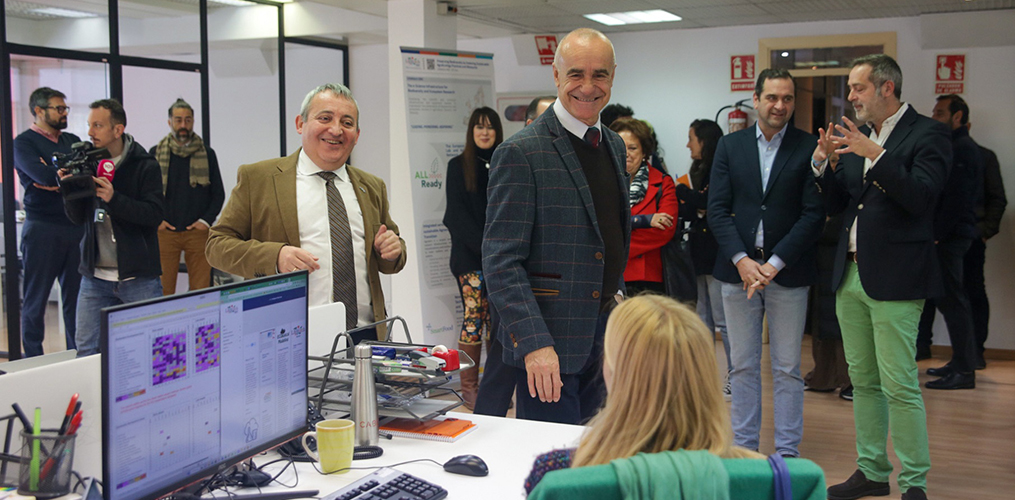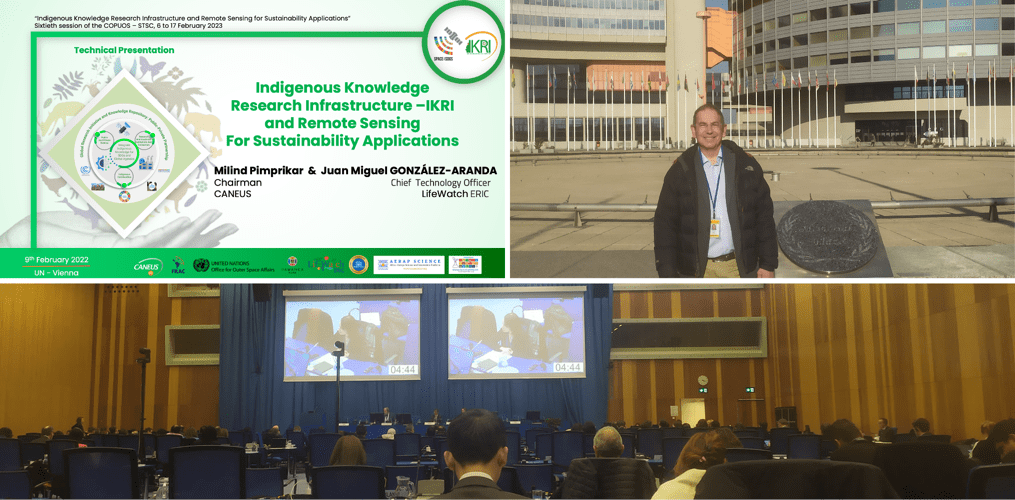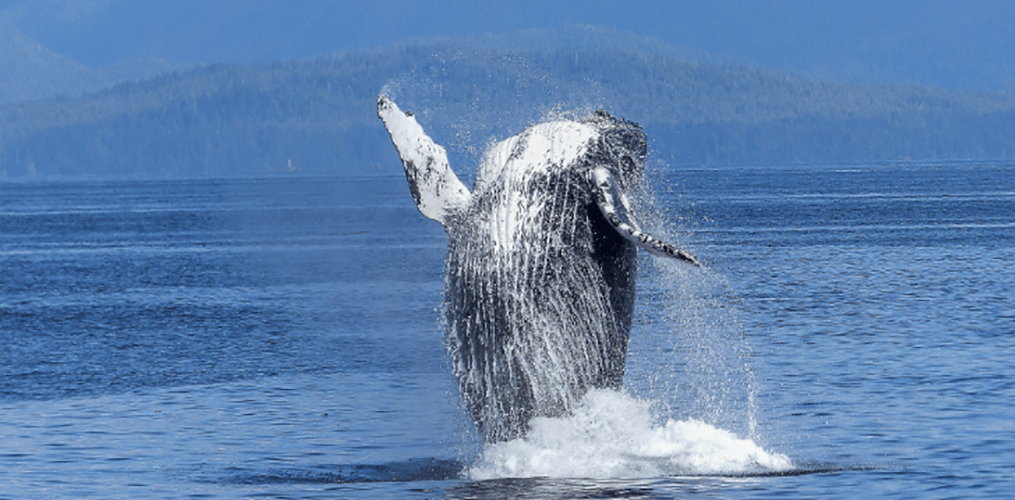Rafael Sánchez Durán, General Manager of Endesa for the regions of Andalusia, Extremadura, Ceuta and Melilla, and Juan Miguel González-Aranda, LifeWatch ERIC Chief Technology Officer and director of the ICT-Core Common Facilities in Spain, have begun holding working meetings to explore collaboration in innovation initiatives fostering sustainable development and the preservation of biodiversity and ecosystems. One such example is the ‘Bosque Endesa Doñana’: the restoration of more than 40 hectares of forest in the Doñana Natural Area that were affected by a fire in 2017, using exclusively native species. Another example is ‘eCitySevilla’, a pioneering public-private collaboration project to transform the Cartuja Scientific and Technological Park (home of the LifeWatch ERIC ICT-Core) into a decarbonised urban district, producing and sharing 100% renewable energy, and making it a complete reality in the year 2025: 25 years ahead of the United Nations Energy and Climate objectives.
Endesa’s initiatives for the conservation of the natural environment have earned it the Andalusian Environment Award from the Andalusian government (Junta de Andalucía): the first energy company to receive this award in the Conservation, Biodiversity and Sustainable Development category. It received this award in acknowledgement of its efforts to protect birdlife by installing nests for the osprey population in the provinces of Cádiz and Huelva; to restore lesser kestrel populations in Malaga through their breeding and subsequent release; and in the LIFE Eurokite project, which focused on the reintroduction of the red kite in the province of Huelva, through the release of species brought over from England.
This award also recognised Endesa’s commitment to reduce its carbon footprint and produce emission-free energy, through shared ecosystems between the primary sector and solar plants. This is the case of the Las Corchas solar plant, located in the Sevillian municipality of Carmona, which is a true model of sustainability, where bees and sheep live in harmony between solar panels.
